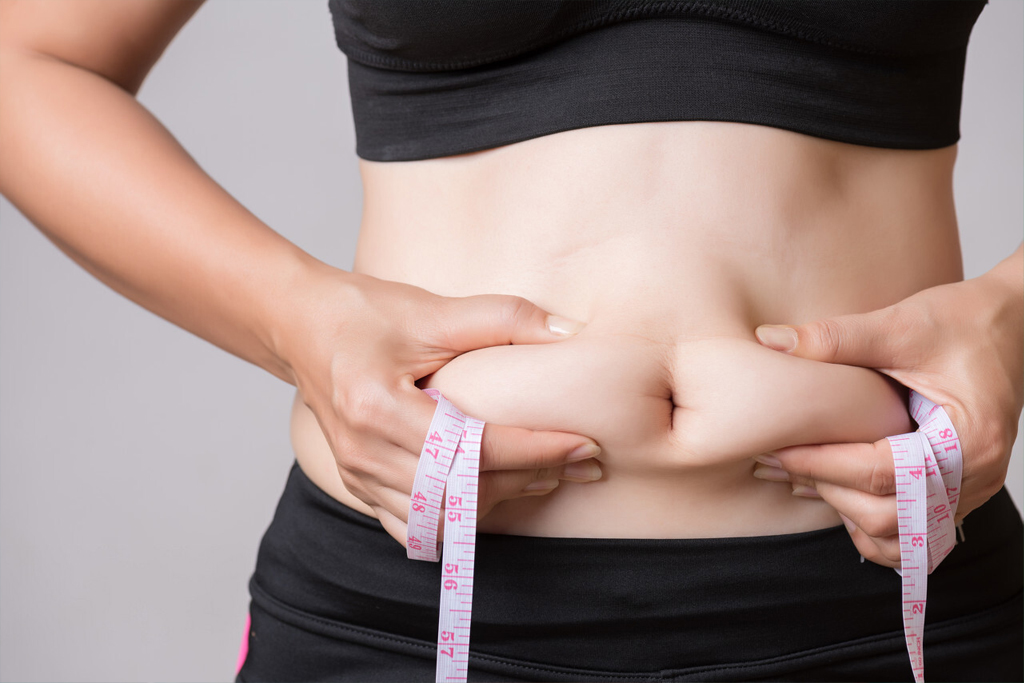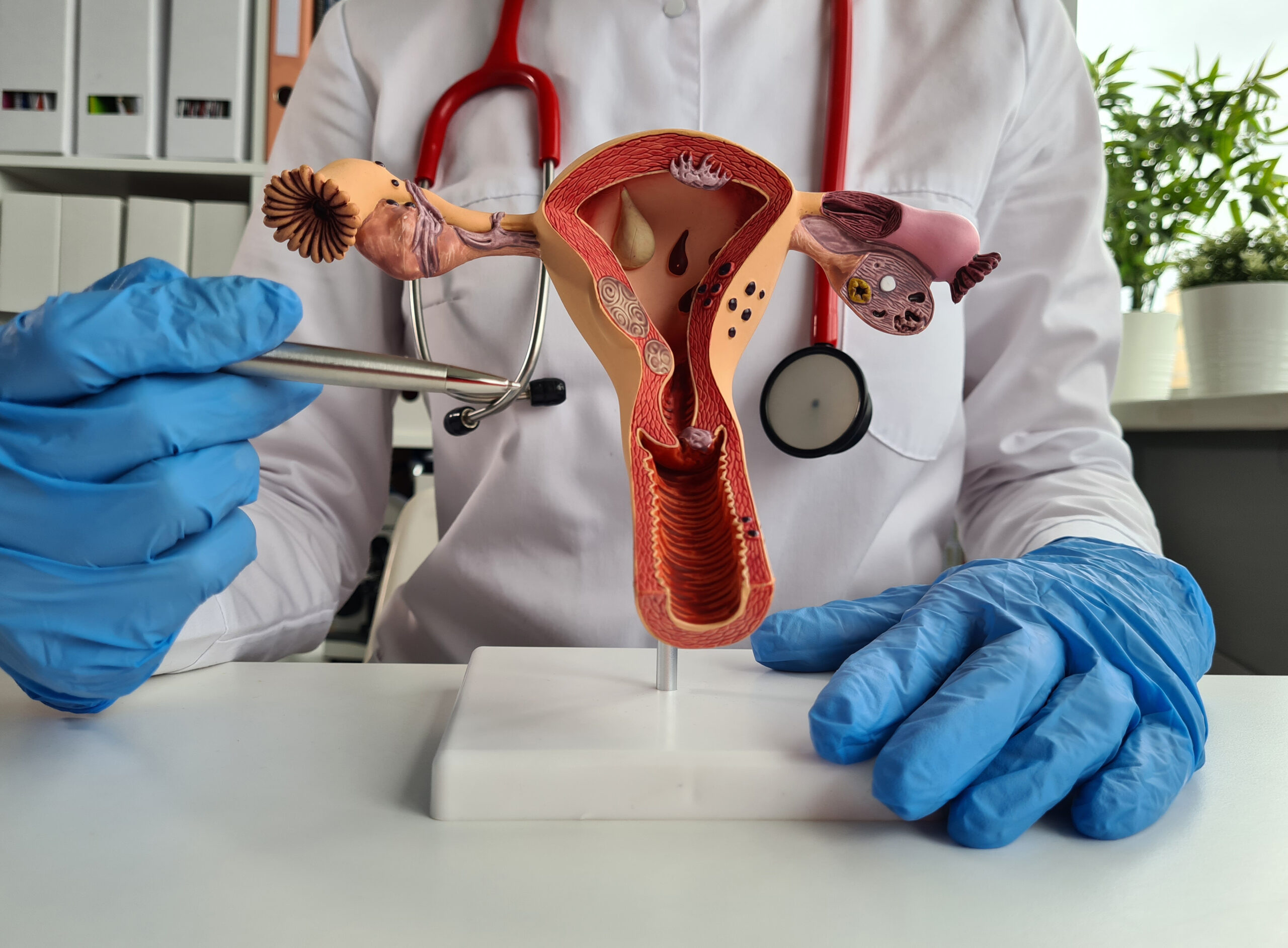Overview
Many people throughout the world suffer with insomnia, a disorder marked by trouble sleeping or staying asleep. This problem might be more noticeable for women going through menopause, a normal stage of life characterized by major hormonal shifts and the end of menstruation. Between the ages of 45 and 55 is when menopause usually starts, and while there are many other symptoms, sleep difficulties are a common complaint. This article explores the relationship between menopause and insomnia and provides coping mechanisms to help handle and lessen sleep problems during this time of change.
Recognizing Menopause’s Effect on Sleep
Declining levels of progesterone and estrogen are part of the complicated physiological process known as menopause. These changes in hormones can have a significant effect on many aspects of health, including sleep. Sleep patterns can be disturbed by a decrease in estrogen, which is involved in the regulation of the sleep-wake cycle. Insomnia disorder may also be exacerbated by the sedative effects of progesterone declining.
During menopause, common sleep difficulties include:
Hot Flashes:
Abrupt sensations of extreme heat, frequently accompanied by perspiration and a fast heartbeat, can cause sleep disturbances. Menopause is characterized by hot flashes, which can happen at any time of day and cause repeated awakenings.
Night Sweats:
Like hot flashes, night sweats are characterized by heavy perspiration at night. This can make it hard to fall asleep and necessitate many changes of clothes and bedding.
Mood Swings:
Anxiety, despair, and mood swings are common side effects of menopause that can impair sleep.
Restless Legs Syndrome (RLS):
During menopause, some women have RLS, which is characterized by painful leg sensations and an insatiable want to move the legs. RLS can make it difficult to fall asleep.
Coping Mechanisms for Menopausal Insomnia
Changes in Lifestyle
a. Sleep Hygiene:
Improving the quality of your sleep depends on good sleep hygiene. This entails sticking to a regular sleep schedule, setting up a relaxing sleeping space, and abstaining from stimulants like caffeine and nicotine right before bed. A quiet, cold, and dark room can improve the quality of your sleep.
b. Physical Activity:
Getting regular exercise can help control sleep cycles. On most days of the week, try to get in at least 30 minutes of moderate activity. On the other hand, stay away from intense exercise right before bed as it can have the opposite impact.
C. Stress management:
Anxiety and stress can make sleeplessness worse. Methods like deep breathing exercises, mindfulness, and meditation can help reduce stress and enhance the quality of your sleep. It can be advantageous to incorporate relaxing techniques into your everyday routine.
Nutritional Aspects
a. Balanced Diet:
Consuming a diet full of fruits, vegetables, whole grains, lean meats, and other nutrients will enhance general health and wellbeing and possibly improve sleep. Avoid heavy meals, spicy foods, and alcohol right before bed because these can cause sleep disturbances.
b. Hydration:
It’s crucial to be hydrated, but try to avoid drinking too much in the evening to lessen the chance that you’ll wake up needing to use the restroom.
C. Nutritional Supplements:
A number of supplements, including magnesium, valerian root, and melatonin, are thought to help promote sleep. Before beginning any supplements, speak with a healthcare professional to be sure they are suitable for your circumstances.
Healthcare Procedures
a. Hormone Replacement Therapy (HRT):
HRT may help reduce hot flashes and night sweats, two symptoms associated with menopause that can affect sleep. HRT, however, has possible dangers and is not appropriate for everyone. To find out if it’s a good option for you, talk with your healthcare practitioner.
b. drugs:
To help treat insomnia, doctors may occasionally prescribe sleep aids or drugs. It is best to use them under a doctor’s supervision to prevent reliance and adverse consequences.
Cognitive and Behavioral Techniques
a. The systematic approach known as Cognitive Behavioral Therapy for Insomnia, or CBT-I, aims to address the attitudes and actions that lead to insomnia. It focuses on fostering sound sleeping habits, controlling anxiety associated with sleep, and enhancing the quality of sleep.
b. Relaxation Techniques:
You may help calm your thoughts and get your body ready for sleep by using progressive muscle relaxation, guided imagery, and other relaxation techniques. You can effectively reduce insomnia by incorporating these practices into your nighttime routine.
Alternative Medical Interventions
a. Acupuncture:
Based on certain research, acupuncture may help reduce menopausal symptoms and enhance sleep quality. It entails the insertion of tiny needles into predetermined body spots in order to encourage relaxation and energy balance.
b. Herbal Remedies:
To encourage relaxation and enhance sleep, herbal remedies including passionflower, chamomile, and lavender are frequently utilized. Before utilizing herbal medicines, speak with a healthcare professional to be sure they are appropriate for your requirements and safe.
When to Get Expert Assistance
Although there are numerous techniques for managing insomnia after menopause, it’s crucial to get medical attention if sleep problems increase or continue. A medical professional can suggest suitable remedies and assist in identifying the underlying reasons of sleep problems. Chronic insomnia can cause a decline in quality of life, cognitive impairments, and an increased chance of developing chronic illnesses, among other health problems.
In summary
During menopause, insomnia is a frequent and difficult problem that can be managed and alleviated using a range of coping tactics. Women can enhance their general well-being and quality of sleep by implementing behavioral methods, nutritional considerations, medication therapies, and lifestyle alterations. It’s critical to approach insomnia with a thorough and personalized plan, and to get expert assistance when required. Better sleep and a higher quality of life can be achieved throughout the menopause transition with the correct techniques and assistance.
Stay tuned for more news and updates on Frolic Beverages!











